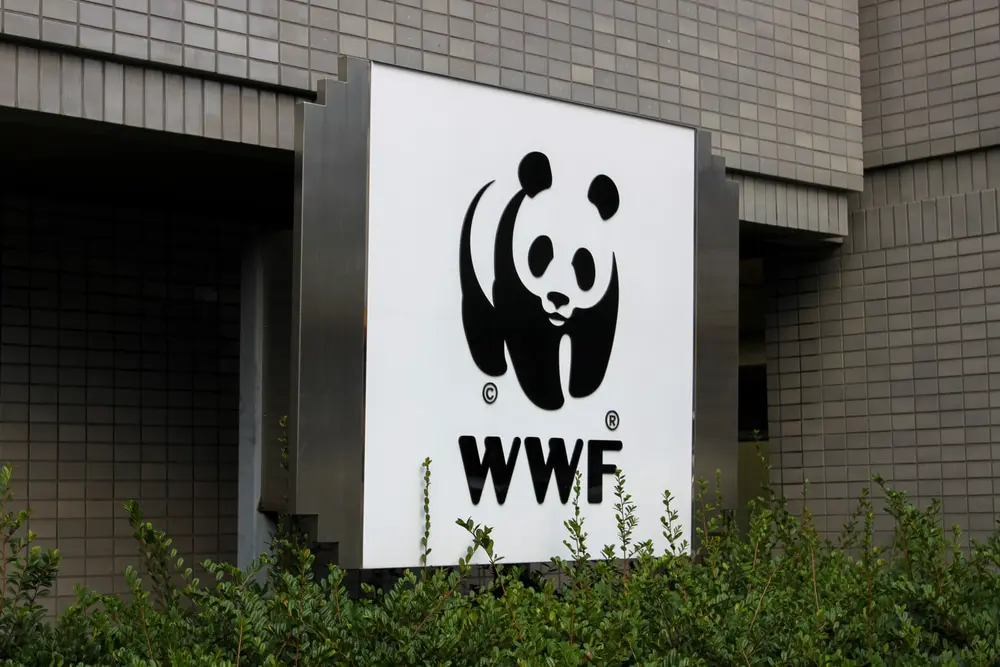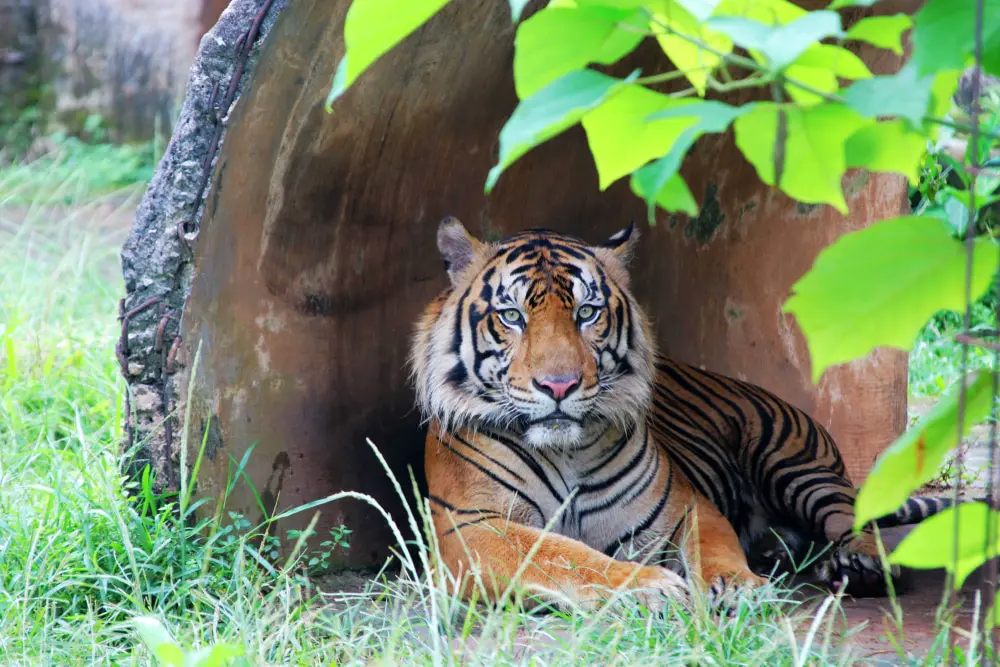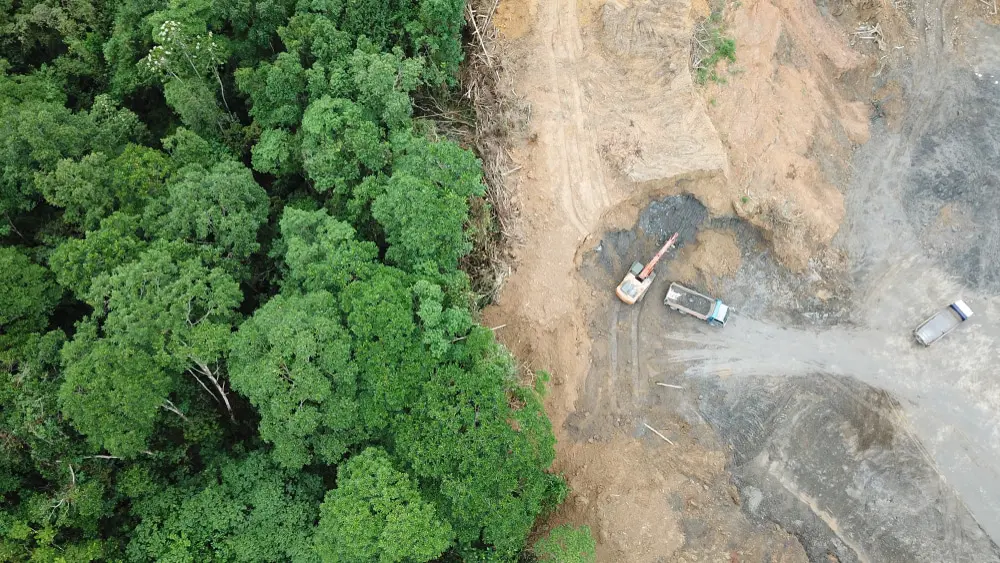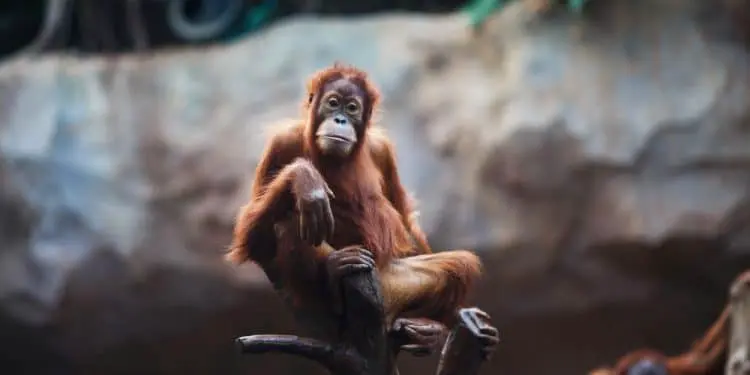Do you worry about your favourite animals going extinct and not being here anymore? I do too.
There are lots of animals on the vulnerable, endangered, and critically endangered list from the WWF. Critically endangered means that a “species [is] facing an extremely high risk of extinction in the wild”, and so when we are worried about our favourite animals not being around anymore, it is this top section of the list that we need to keep an eye on.

These are the animals on this list right now:
African forest elephant, Amur Leopard, Black Rhino, Bornean Orangutan, Cross River Gorilla, Eastern Lowland Gorilla, Hawksbill Turtle, Javan Rhino, Orangutan, Saola, Sumatran Elephant, Sumatran Orangutan, Sumatran Rhino, Sunda Tiger, Vaquita, Western Lowland Gorilla, and the Yangtze Finless Porpoise.
I’m sure there are some animals that you love on there, I know there is for me.
All of these animals are at extreme risk of going extinct in the near future. Take the Sunda Tiger, for example, there are only 400 left in the wild and they are at a constant threat of going extinct, due to poaching for parts and destruction of their habitat.

To support tigers and to keep them around, we need to work on using forest-friendly products so that their habitat isn’t continually destroyed. We can also adopt a tiger and support them financially through the WWF themselves.
Similarly, for the Sumatran Orangutan, they are at extreme risk due to habitat destruction in their home country. North Sumatra is at constant risk of being destroyed in order to harvest palm oil for food and cosmetic products. There is also a plan to introduce a major new road in the area which would cause further deforestation and habitat destruction.
The WWF is working to keep their habitats intact and to provide new, protected habits for the orangutans to survive in. Something you can do for orangutans, apart from supporting the WWF, is to limit or completely stop your intake of palm oil products. If there is no demand for these products, there will be, eventually, no supply of them and this will stop the habit destruction.

We could talk through every animal here and what is happening to them and how we can stop it, but I fear we would be here for weeks.
If we want to stop our favourite animals from going extinct, what we need to do is educate ourselves on what’s happening in the world, be aware of how our actions, behaviours, consumptions, and products affect what’s happening in the world, and take steps to promote and implement positive change.
It can be overwhelming to know where to start with these things and we can get bogged down in wanting to save the whole world at once. The best thing you can do is start by looking at one animal and then moving on to the next. Take small steps and know that these steps have a much larger impact if we all do them, and do them consistently.
We can’t save the world in one day but we can do it, one animal at a time.

